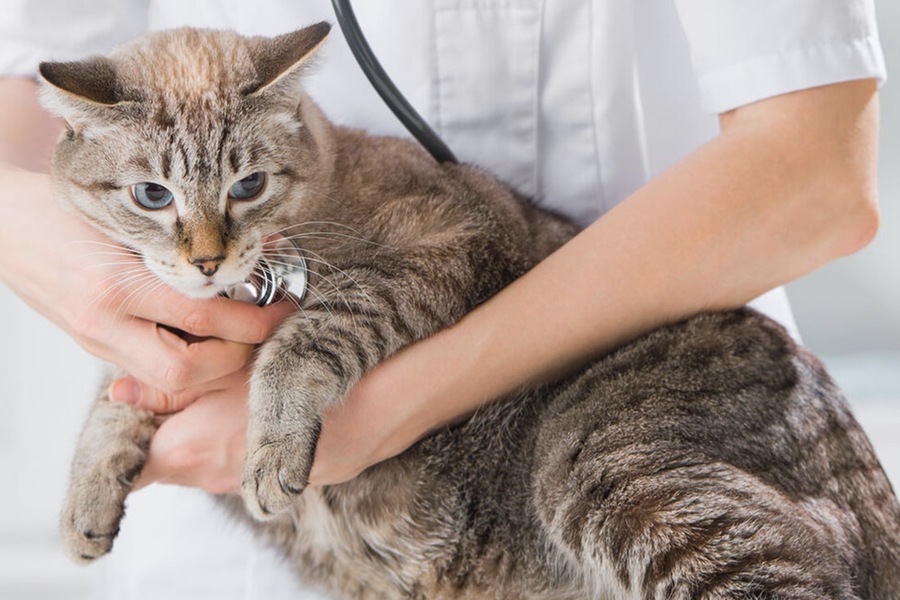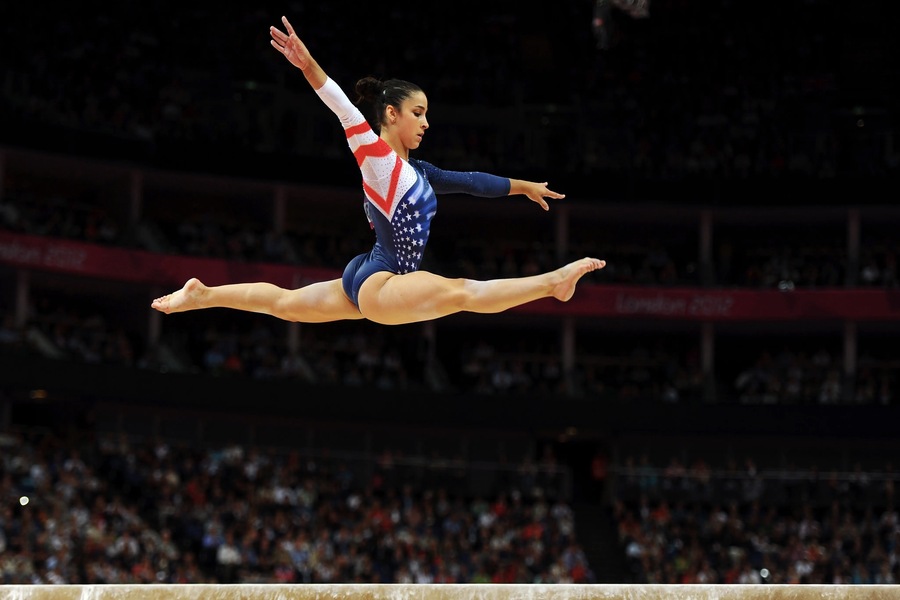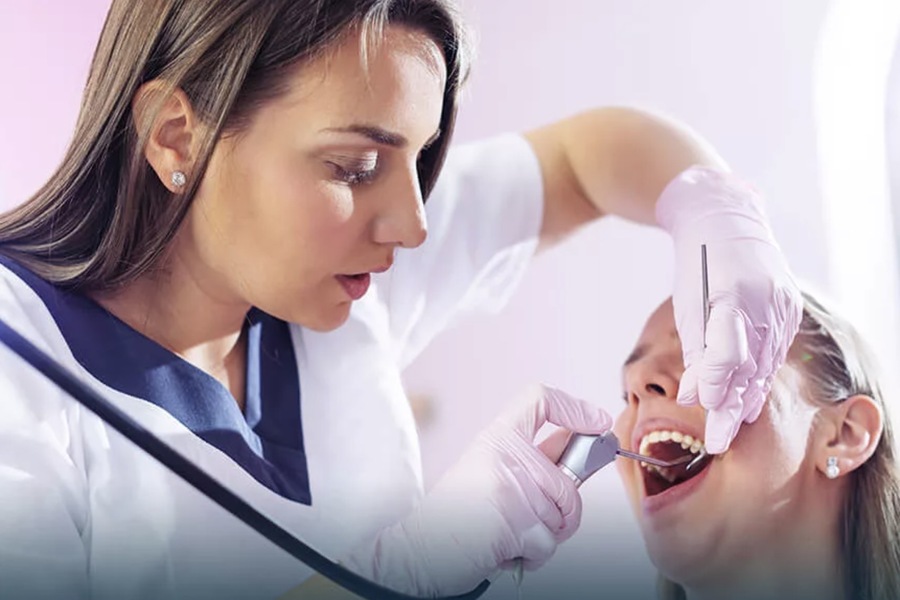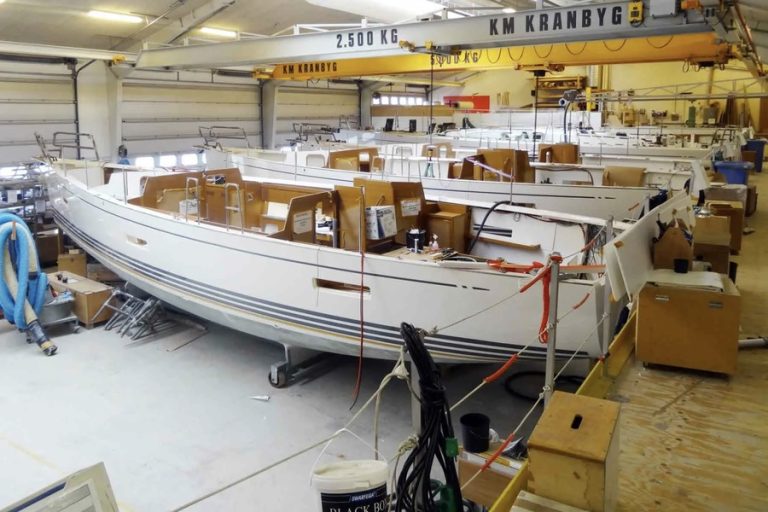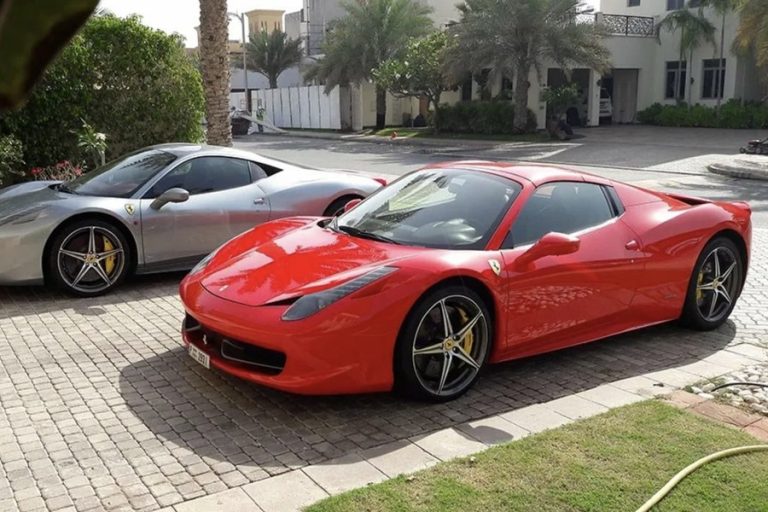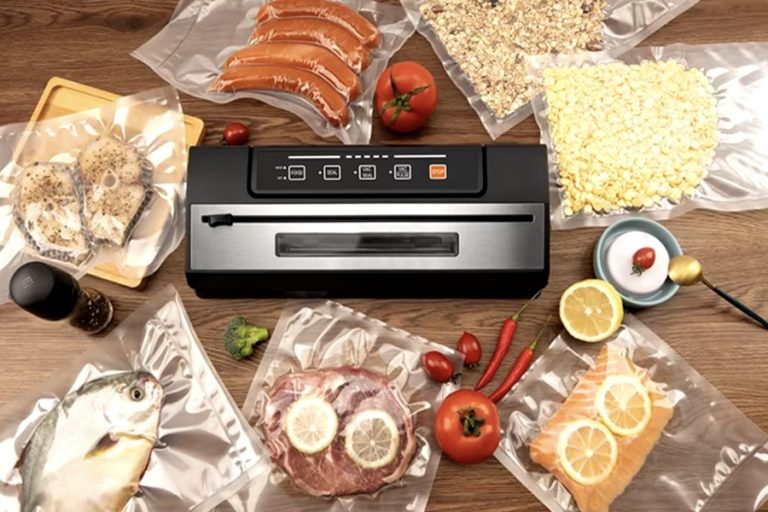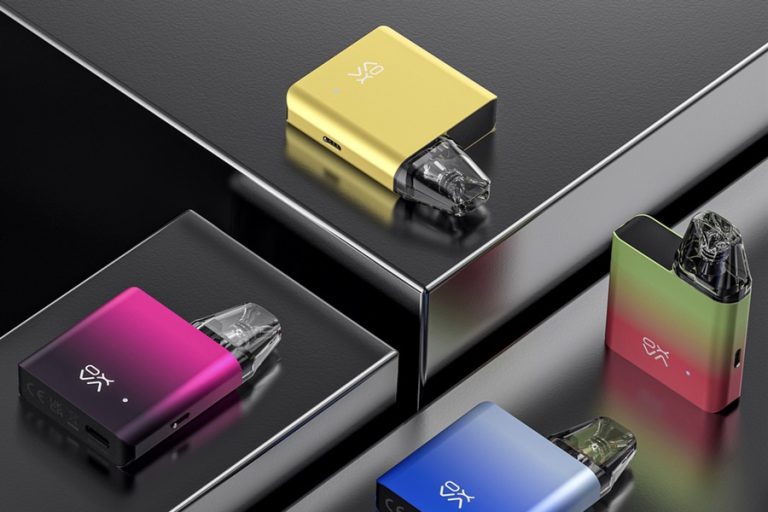Cat sterilization is a common procedure that plays a crucial role in responsible pet ownership, particularly in urban environments like Dubai. The recovery process following sterilization, however, can be influenced by various factors, including the local climate. Dubai’s climate, characterized by extreme heat, high humidity, and significant temperature fluctuations, presents unique challenges for pets recovering from surgical procedures such as sterilization. This article explores how Dubai’s climate affects the recovery process after cat sterilization and provides practical tips for ensuring a smooth and safe recovery for your pet.
Understanding Dubai’s Climate
Dubai’s climate is classified as arid, with scorching summers, mild winters, and minimal rainfall. Summer temperatures often exceed 40°C (104°F), with high humidity levels that can make the environment feel even hotter. Winters, although milder, still experience daytime temperatures averaging around 24°C (75°F). The lack of precipitation and the predominance of dry, hot air contribute to an environment that can be harsh, especially for animals recovering from surgery.
These climatic conditions necessitate special considerations for pet care, particularly during the recovery phase following surgical procedures like sterilization. The impact of heat, dehydration risks, and the need for climate-controlled environments are all critical factors that pet owners must consider to ensure a smooth recovery process.
The Impact of Heat on Post-Surgical Recovery
One of the most significant challenges posed by Dubai’s climate is the intense heat. High temperatures can exacerbate post-surgical discomfort and increase the risk of complications such as heatstroke, dehydration, and infection. After sterilization, a cat’s body is in a vulnerable state, working to heal the surgical site while managing the stress of anesthesia and the physical trauma of surgery.
Heatstroke and Dehydration Risks
Heatstroke is a serious risk for cats in Dubai’s hot climate, particularly during the summer months. Cats recovering from sterilization are more susceptible to heatstroke due to their reduced mobility and the need to stay in one place for extended periods. Symptoms of heatstroke in cats include panting, lethargy, drooling, and vomiting. Immediate veterinary attention is required if heatstroke is suspected.
Dehydration is another critical concern. The high temperatures and low humidity levels in Dubai can quickly lead to dehydration, which can complicate the recovery process. Ensuring that your cat has constant access to fresh water is essential. Additionally, keeping your cat in a cool, shaded area with good air circulation can help mitigate the risks of heat-related complications.
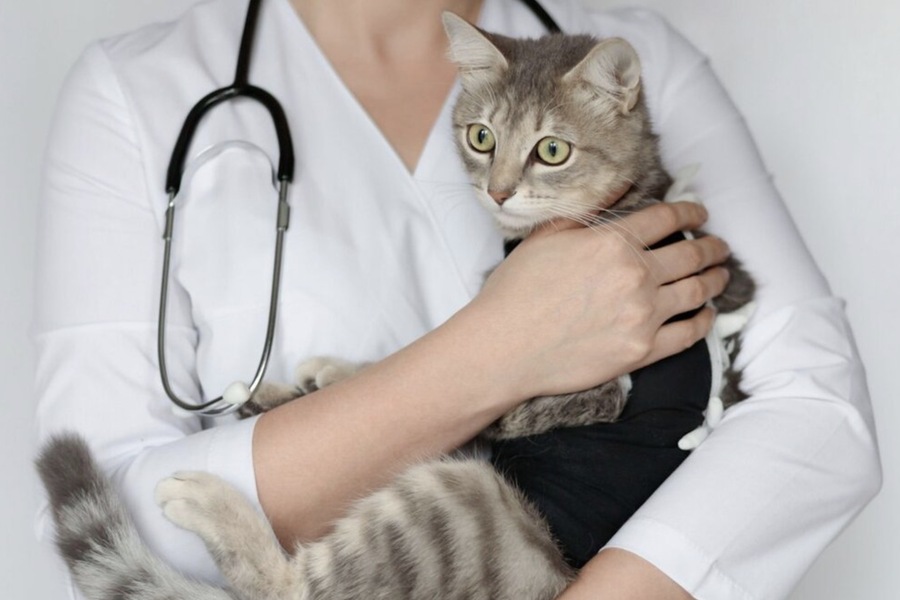
Infection Risks in Hot and Humid Conditions
Dubai’s climate, particularly its humidity, can create an environment conducive to bacterial growth, increasing the risk of post-surgical infections. After sterilization, the surgical site must be kept clean and dry to prevent infection. However, the combination of heat and humidity can make this challenging.
Preventing Infections
To reduce the risk of infection, it is crucial to monitor the surgical site regularly for signs of redness, swelling, or discharge. Any unusual changes should prompt an immediate visit to the veterinarian. Keeping your cat indoors, away from dirt and outdoor contaminants, can further minimize the risk of infection.
Using an Elizabethan collar (also known as a “cone”) can prevent your cat from licking or scratching the surgical site, which is particularly important in a humid environment where bacteria can thrive. Additionally, ensuring that the cat’s living environment is clean and well-ventilated can aid in preventing infections.
Climate-Controlled Environments for Recovery
Given the extreme temperatures in Dubai, providing a climate-controlled environment for your cat during the recovery period is essential. Air conditioning is not just a luxury but a necessity for pets recovering from surgery in Dubai’s climate. Maintaining a stable, cool temperature indoors can help your cat recover more comfortably and reduce the risk of heat-related complications.
The Role of Air Conditioning
Air conditioning helps regulate body temperature, ensuring that the cat’s body does not overheat while it is healing. Ideally, the indoor temperature should be kept between 20°C to 24°C (68°F to 75°F) to provide a comfortable environment for your recovering cat. Avoid placing your cat near air vents or direct airflow, as this can cause drafts that may lead to respiratory issues.
Humidifiers can also be beneficial, particularly in extremely dry conditions, as they add moisture to the air and prevent the skin around the surgical site from drying out and cracking.
Post-Surgical Care and Monitoring
In addition to managing the physical environment, careful monitoring of your cat’s behavior and physical condition during the recovery period is crucial. Dubai’s climate can make cats more lethargic, which may mask signs of complications. Regularly checking the surgical site, monitoring your cat’s appetite, and ensuring that it is drinking enough water are all vital aspects of post-surgical care.
Signs to Watch For:
- Lethargy and Weakness: While some lethargy is expected after surgery, prolonged weakness or a lack of interest in food and water could indicate dehydration or another complication.
- Breathing Difficulties: If your cat shows signs of rapid breathing or panting, it may be struggling with the heat. This requires immediate action to cool your pet down and potentially a visit to the vet.
- Behavioral Changes: Any significant changes in behavior, such as aggression, hiding, or excessive vocalization, could indicate pain or discomfort related to the surgery or the climate.
Regular follow-up visits to the veterinarian are also essential to ensure that your cat is recovering as expected. Clinics like The Ark in Dubai provide post-surgical care services, where professionals can assess the healing process and address any concerns related to Dubai’s climate.
Nutrition and Hydration During Recovery
Proper nutrition and hydration are fundamental to a successful recovery after sterilization. In Dubai’s hot climate, maintaining hydration levels is particularly important, as dehydration can lead to complications such as kidney problems or delayed wound healing.
Feeding Practices
Offer your cat easily digestible, high-protein foods that support the healing process. Wet cat food can be beneficial, as it provides additional moisture, helping to keep your cat hydrated. Additionally, ensure that your cat’s water bowl is always filled with fresh, cool water, and consider placing multiple water sources around the house to encourage drinking.
Supplemental Care
In some cases, your veterinarian may recommend supplements to support your cat’s recovery, particularly if the extreme climate has led to decreased appetite or energy levels. These supplements can include vitamins, electrolytes, or probiotics to aid digestion and overall health during the recovery period.
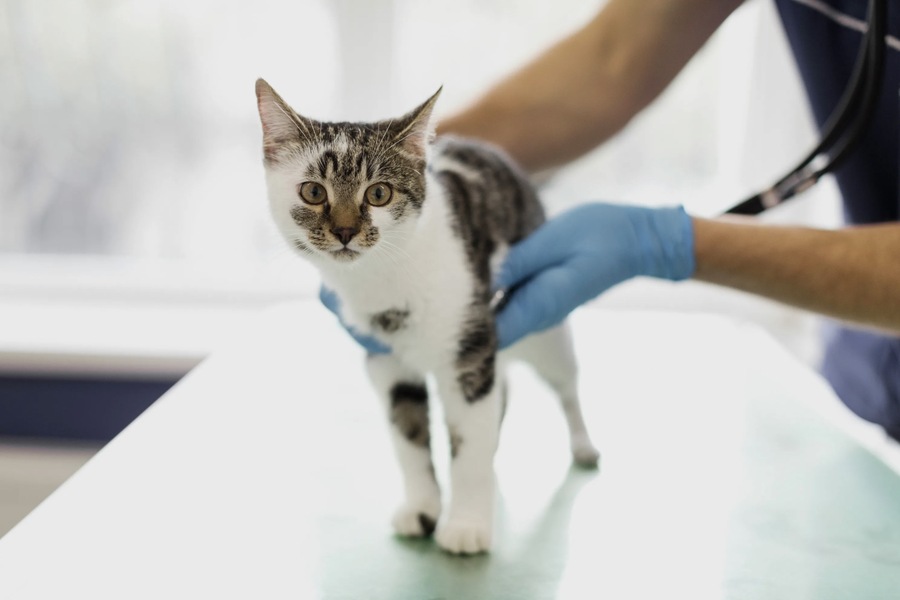
The Importance of Indoor Activity and Comfort
While rest is crucial after surgery, ensuring that your cat remains comfortable and mentally stimulated during recovery is also important. Dubai’s climate can limit outdoor activities, so providing indoor enrichment is key.
Indoor Enrichment
Engage your cat with gentle play, puzzle feeders, or interactive toys that do not require excessive physical exertion. This can help prevent boredom and stress during the recovery period, which can be exacerbated by the confinement to an indoor environment due to the harsh outdoor conditions.
Comfortable Resting Areas
Create a quiet, comfortable resting area for your cat, away from direct sunlight and noisy household activities. Soft bedding and a cozy environment can promote relaxation and contribute to a smoother recovery.
Conclusion
Dubai’s climate presents unique challenges for cats recovering from sterilization, requiring pet owners to take extra precautions to ensure a smooth and safe recovery. The combination of extreme heat, high humidity, and dry conditions can exacerbate post-surgical complications, making climate-controlled environments, proper hydration, and careful monitoring essential.
By understanding the specific risks posed by Dubai’s climate and taking proactive steps to mitigate them, pet owners can help their cats recover more comfortably and quickly. Veterinary clinics like The Ark in Dubai are valuable resources, offering professional guidance and support throughout the recovery process. By prioritizing your cat’s well-being during this critical time, you can ensure a successful recovery and a return to normal activities in the shortest time possible.

Skier, traveler, music blogger, hand letterer and HTML & CSS lover. Performing at the sweet spot between art and purpose to craft delightful brand experiences. German award-winning designer raised in Austria & currently living in New York City.
